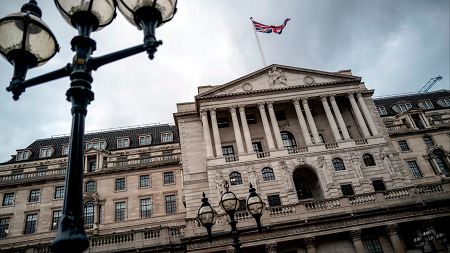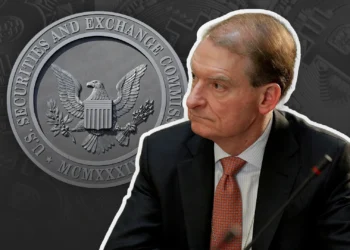Multiple traditional financial institutions in the United Kingdom have expressed concerns regarding the government’s plans to regulate cryptocurrencies. These institutions have raised issues related to accuracy, taxation, and consumer protection as potential risks associated with cryptocurrency regulation.
The Institute of Chartered Accountants in England and Wales (ICAEW) cautioned that regulation may inadvertently create a false sense of consumer trust. According to the ICAEW, consumers might believe that regulation has fully addressed or mitigated the known risks associated with crypto assets, leading to an “unearned trust” in the industry.
The International Regulatory Strategy Group, an advocacy group representing traditional financial institutions, has also called for the government’s cryptocurrency regulation proposal to be more precise.
Additionally, a tax lobby group has expressed concerns about managing cryptocurrency transactions, although HM Revenue and Customs is already developing a strategy for taxing cryptocurrency and decentralized finance (DeFi) activities.
While the concerns raised by traditional financial institution lobbyists highlight the need for a clear and precise regulatory framework to address cryptocurrency risks, the lack of concrete ideas put forward by these institutions raises questions about their intentions.
Meanwhile, UK Treasury officials claim that the UK’s approach to crypto regulation is more flexible when compared to the European Union, which recently approved the Markets in Crypto Assets (MiCA) bill for regulating cryptocurrencies.
However, the Financial Conduct Authority (FCA), responsible for overseeing the cryptocurrency industry in the UK, has faced criticism for its delayed response in regulating the sector. Some experts worry that the UK’s slower progress could allow jurisdictions with swifter regulatory actions to surpass the UK’s ambition of becoming a global hub for cryptocurrencies.
Zoe Wyatt, an executive at Andersen LLP, expressed concern that the UK’s slower progress could hinder its goal of becoming a global cryptocurrency hub, especially as other jurisdictions make more rapid advancements in regulation.
Similarly, Philip Hammond, the former UK finance minister and current chairman of cryptocurrency exchange Copper, believes that the UK is falling behind other nations in establishing itself as a crypto hub. Hammond argues that a willingness to accept some level of risk is necessary to foster innovation and maintain competitiveness in the industry.
If you want to read more news articles like this, visit DeFi Planet and follow us on Twitter, LinkedIn, Facebook, Instagram, and CoinMarketCap Community.
“Take control of your crypto portfolio with MARKETS PRO, DeFi Planet’s suite of analytics tools.”





















